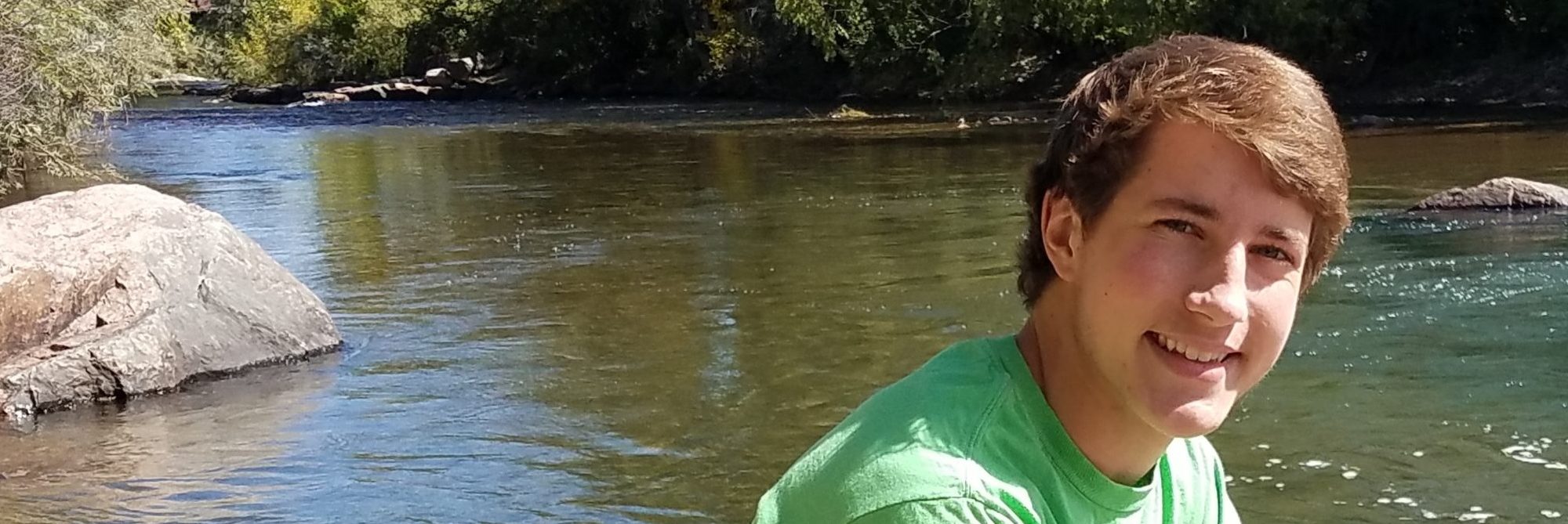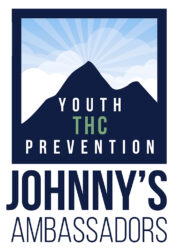As a child and through high school graduation, my son was social and a natural leader—the nucleus of his friend group. He excelled in both academics and sports. In his senior year, he placed at the state level in wrestling and earned a scholarship to college. During his first year of college, he pledged a fraternity and was chosen as the motivational speaker for his pledge class.
I first noticed a shift when he came home for Christmas, and a more significant change when he returned home in May after his first year at the university. That summer, we visited various specialists because he was experiencing memory loss and decreased mental acuity. He went back to school in August, but by October, we received a call from his roommate—he was having a psychotic episode.
We drove 12 hours to pick him up, and later that night when we were back home, he became violent. He shattered a glass while alone in his room. When I opened the door, afraid of what I might find, he was holding a large shard of glass in his hand. We tried to calm him but eventually had to call 911. The police took him to the emergency department.
He remained in psychosis and was in and out of five hospitals until we found a facility five states away, where he stayed for an extended period. Eventually, he stabilized enough to come home.
He later told us he had started using cannabis in high school, and his use escalated in college. We believe he obtained it from local vape shops and a dealer near his campus.
It terrifies me to think that his diagnoses—bipolar disorder, schizoaffective disorder, and schizophrenia—may be permanent. The worst moment during his psychosis was when he grabbed a knife from the kitchen while I was home alone with him. Each time he threatened to hurt himself or others, we called 911.
To any parent going through this: my advice is to call 911 immediately. Do whatever it takes to keep your child in a psychiatric facility or hospital until they are truly stable. It took my son two months of antipsychotic and mood-stabilizing medications before he showed signs of improvement.
He will not be returning to the university where he had a scholarship. Though he’s still not the same person he was before all of this began, he has made significant progress. He’s working, taking online classes, and plans to attend a university close to home in the fall.
Still, I live in fear. With easy access to THC in our state, I worry constantly about the risk of relapse. The thought of going through this again shakes me to my core.
Cannabis-Induced Psychosis is REAL. It happened to my child. Educate your child on the harms of THC at JohnnysAmbassadors.org.
If you’re concerned about your child’s THC use, visit JohnnysAmbassadors.org/parents and join our private Parents of Children with Cannabis-Induced Psychosis (POCCIP) group at www.facebook.com/groups/POCCIP.

